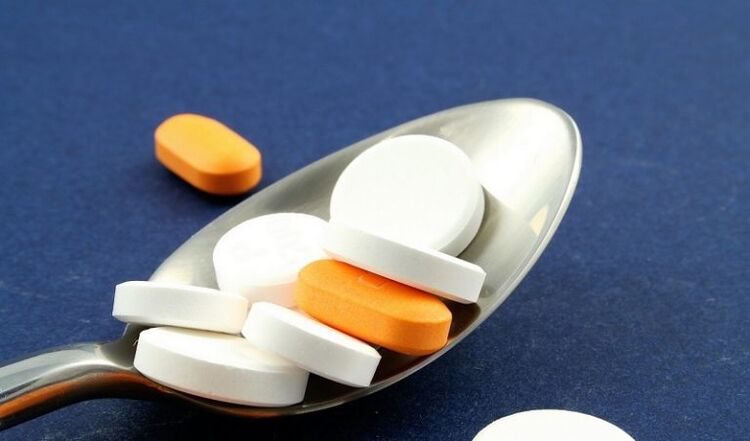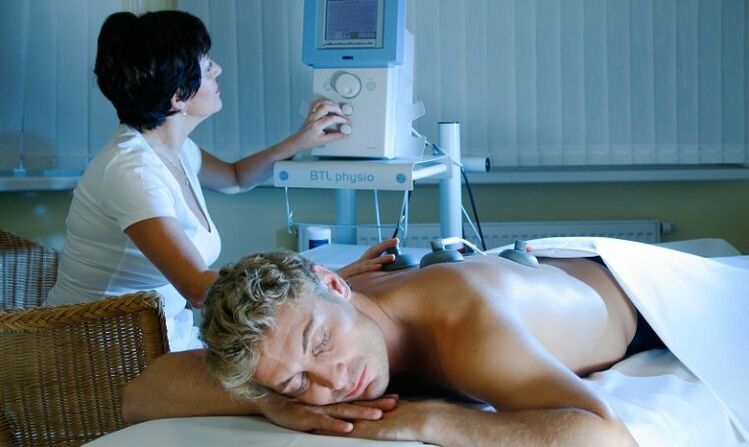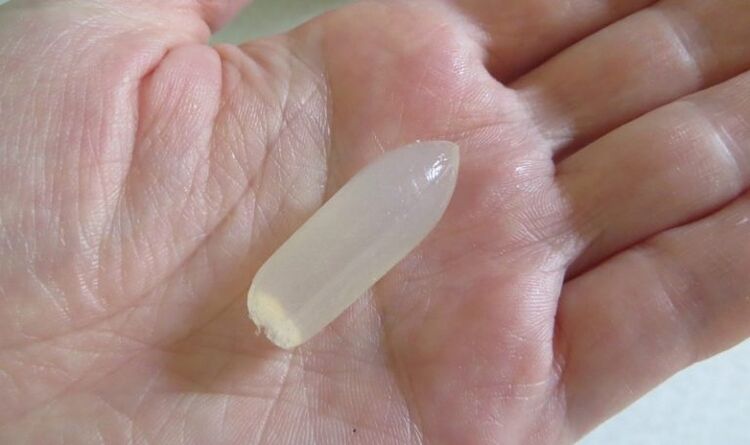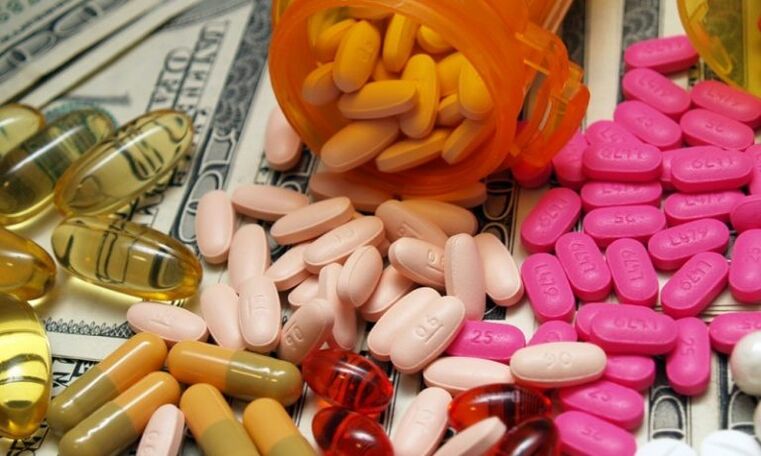An experienced doctor should be consulted when treating prostatitis. Based on the results of the examination and the prescribed laboratory tests, a therapeutic program is selected.
As a rule, this is the 1 most effective method of treating prostatitis, taking into account the specific characteristics of the patient's health and 2-3 additional prescriptions that have an auxiliary function.
Methods of treating prostatitis
In order to better understand which methods of treating prostatitis have the greatest effect, it is necessary to disassemble each one individually. This gives us the opportunity to present the picture of the treatment in more detail.
Antibiotic therapy
The most effective way to treat prostatitis is to take antibiotics in one course. Since inflammation is most often caused by the pathogenic activity of pathogenic bacteria, the action of drugs should be aimed at eradicating uncontrollably multiplying microbes.

In the acute form of prostatitis, intravenous or intramuscular administration of drugs is prescribed. After the symptoms are clearly relieved, the patient is switched to oral antibiotics.
In addition, drugs with a broad spectrum of activity are mainly used. If they give a positive reaction from the body and the results of subsequent tests improve, the doctor will stick to this treatment system.
In the case of identification of a specific microbe that has caused an inflammatory process in the prostate, treatment can be targeted. Antibiotics are more often bacteriostatic, that is, they are aimed at preventing the colony from multiplying.
And the neutralization of existing microbes should be managed by human immunity. Such drugs have a milder effect on the body and practically do not cause any side effects. To a lesser extent, they also destroy the beneficial intestinal flora.
Bactericidal drugs also occupy their niche among methods of treating prostatitis. Their task is to completely kill pathogenic microorganisms. They help to cope with the problem as soon as possible, but they require a long course of rehabilitation after antibiotic therapy.
They are prescribed only in cases when PCR and BAC urine culture indicate the only variant of the causative agent of prostate disease.
Prostate massage
The most effective way to treat chronic prostatitis is massage. In terms of its benefits, it can hardly be compared to direct prostate massage. No single state-of-the-art device can replace an experienced specialist.
During the latent course of chronic prostatitis, prostate massage does not cause pain in the patient. The course usually contains 7-10 procedures, each lasting 1. 5-2 minutes. This time is allotted for 3-4 drops of prostate secretion to be distributed through the urethra.
Each flap of the prostate is massaged separately. Movements should be soft. The intensity is adjusted to the sensations of the patient. If the man feels pain, the doctor will reduce the pressure on the prostate.
Massage improves blood circulation, reduces swelling of the prostate lobes and normalizes the functions of the genitourinary system. If the pathogenic microflora is active in the prostate, then high-quality cleaning of the organs occurs during the massage. The resulting discharge is sent for examination, which will help clarify the diagnosis.
physical therapy
Physiotherapy is used as a complex therapy. Due to the magnetic effect, the condition of the prostate can be gently improved. Electrophoresis not only stimulates blood circulation, but also promotes better drainage of stagnant prostate secretion. Warming up helps reduce prostate swelling and creates a drainage effect.

The most effective method of treating prostatitis for sexual dysfunction is physical therapy. Stimulating the protective potential of the body helps fight pathogens of the inflammatory process. The swelling decreases and the rate of cell regeneration increases, which leads to the rapid restoration of a healthy state of the prostate.
Suppository medication
With various forms of prostatitis, rectal suppositories are prescribed. They can have antimicrobial and anti-inflammatory effects. Perform a preventive or curative function.
Suppositories have the advantage of being targeted. If the effect of taking the tablet can be expected based on the physiological properties of the physique, then rectal administration of suppositories will help to affect the affected organ immediately.

Suppositories can have an antispasmodic effect. In the event of a painful contraction of the muscle tissue of the prostate, they are prescribed for symptomatic treatment, which will help relieve discomfort and improve the process of urination.
Rectal analgesics are also used. They relieve pain quickly and effectively. They work almost immediately. However, they should only be prescribed by the attending physician.
Biologically active additives
Biological agents help in the treatment of the prostate and have a complex or targeted effect on the body. They have no contraindications and do not lead to the formation of side effects.

Of course, the appointment should be carried out by a specialist who understands the effects of a particular drug. Dosage and course are determined individually. However, most patients note the beneficial effect of taking dietary supplements both as an auxiliary therapeutic and as a prophylactic agent.
Therefore, we have considered all methods of treating prostatitis. Your doctor will decide which one is right for you. Do not treat yourself under any circumstances and consult a doctor immediately at the first symptoms of the disease.
























